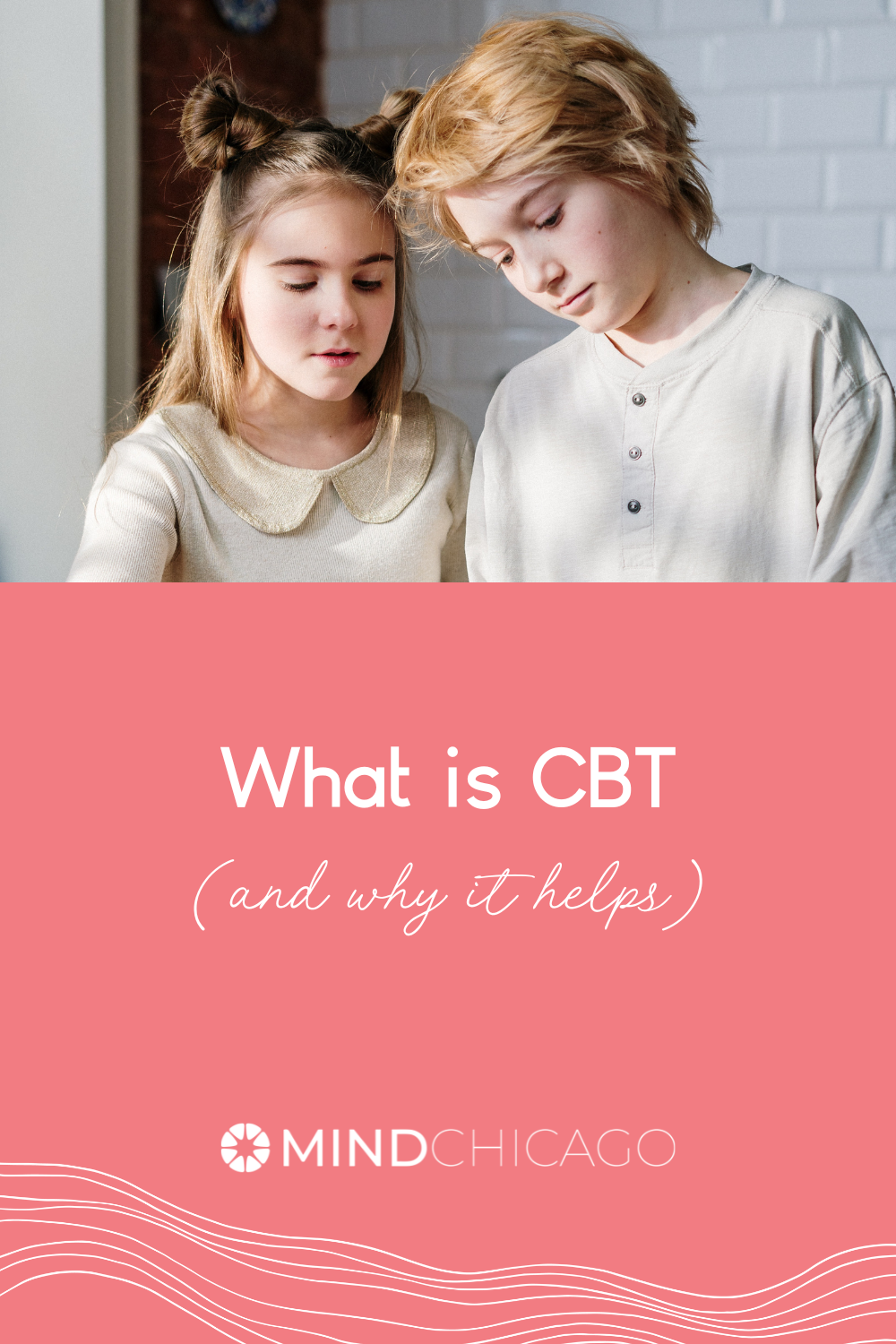Articles
We are committed to making information about mental health and therapy accessible to our community through articles and videos. Our clinicians take your questions and ideas and transform them into bite-size educational content to empower your wellness journey. What will you learn today?
Browse by Category
Anxiety & OCD
Parenting
ADHD
TherapY & Testing
Talking To Kids About Therapy
Whether you’re a kid or a grownup, important conversations about big topics can be awkward and “cringy.” Yet, we know that honest, brave, and supportive conversations prior to your child’s first session can help them feel less worried and more invested in the experience.
What is PCIT (And Why We Love It!)
One of our favorite approaches to supporting parents more effectively in managing their child’s behavior, parenting in ways that align with their personal goals and values, and building their relationship with their child is Parent-Child Interaction Therapy (PCIT).
What is ACT (And Why We Love It)
ACT is an empirically-supported therapy that helps folks build awareness and perspective of our experiences, open up to our thoughts and feelings in new ways, and enhance our connection with the person we want to be by building commitments around our values.
What is PMT (And Why We Like It)
Parent Management Training (PMT), also known as Parent Training, provides parents with the support they need to build stronger relationships with their children and reduce unhelpful behaviors.
What is DBT (And Why We Love It)
DBT is an evidence-based therapy that helps folks manage strong emotions, handle unhelpful behaviors, and develop more meaningful relationships.
Myths and Realities of Group Therapy
Group therapy is a kind of psychotherapy where one or more therapists works with several people together. Whether online, in-person, or hybrid, receiving therapy alongside others can enhance your individual therapy, deepen your commitment to change, and reduce loneliness. At Mind, we recommend participating in a DBT skills group alongside DBT-focused individual therapy. When we think of groups at Mind Chicago, we often think of 4-8 people meeting weekly to develop new skills, practice skills with others, and/or manage barriers to living a meaningful life.
What is CBT (and Why it Helps)
If you’ve ever explored options for therapy, you may have heard something about CBT (or its longer name - Cognitive Behavioral Therapy). The truth is, there is quite a bit of buzz about CBT these days. There is so much research to support CBT - some even consider it the current "gold standard" of psychotherapy - it’s no wonder people are talking about it. So, what exactly is CBT, and who might benefit from this type of therapy?
Why Go to Therapy When You’re Having a “Good Week”?
The other day, just before my therapy session (yes, therapists also go to therapy), I thought, “Things are going well. What am I going to talk about today? Maybe I should cancel my session…” I joined my session anyway. About halfway through this session, I stopped my therapist and said, “This has been bothering me, and I’m surprised I haven’t brought it up until now. I’m so glad I came to therapy today; this is really helpful!!! You will not believe this, but I was thinking about canceling session today!” – This is a 100% true story!
What Is ERP (And Why We Love It)
In the world of therapy and mental health, there are countless acronyms floating around. So you might be wondering… what exactly is “ERP” and how might it benefit my child or me?
Considering Neuropsychological Testing? Here are 3 reasons testing might help.
The decision to pursue neuropsychological testing for your child, teenager, or young adult is not always an easy one. It can be a lengthy, expensive, and demanding process. Not to mention, you might have pursued multiple other evaluations and interventions, but your high hopes for “an answer” and substantive change were met with vague, incomplete, and ineffective remedies.
Why Do Neuropsychological Testing NOW?
It’s summer. The kids are finally out of school – or whatever that was children were sort of doing from April to June. Now, instead of setting your child’s daily school schedule, making sure they are paying attention to the teacher on the screen, and fighting with them to complete their homework, we can finally get back to normal. Okay, not normal, but you get my drift.














